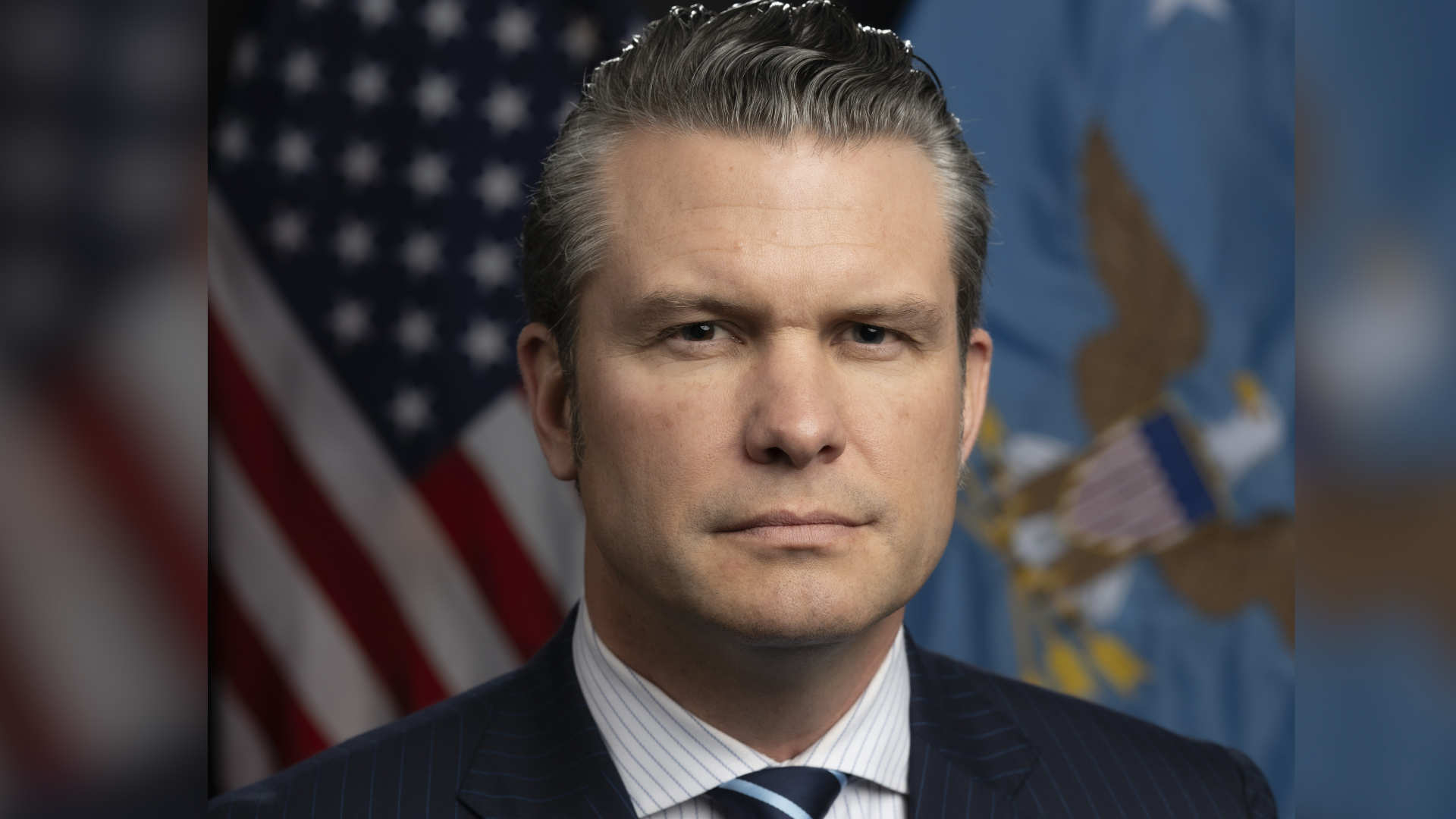The infamous rice smuggling lord is no longer a John Doe – a development perfectly justified the Department of Justice’s move to give the National Bureau of Investigation the green light to reopen the probe on the matter. It was noteworthy that the investigation had been stalled due to lack of evidence to merit further inquiry in spite of “diligent efforts” exerted by the agency. But, the probe resumed following the Senate inquiry on rice smuggling which recommended that further action be taken by the agency to shed light on the issue.
NBI claimed that the rice smuggling lord is not only real but actually bears the name Davidson Bangayan of Davao City. Bangayan is allegedly involved in scrap metal business at least according to initial investigation which was later confirmed by him during a meeting with DOJ Secretary Leila De Lima. Bangayan also admitted that he runs a small rice trading business although he firmly denied his involvement in rice smuggling, and more so, allegations that he is the brains behind the illegal operation using the name David Tan.
Denial might give Bangayan the benefit of the doubt but it isn’t helping him convince authorities that he is not the infamous David Tan. NBI revealed that the agency has evidence to prove that David Bangayan and David Tan happen to be one and the same person. Since they share the same photo and address according to records of NBI clearances released under those names, it will be hard for Bangayan to explain how everything came to be unless he was only a victim of identity theft.
Bangayan allegedly met with DOJ Secretary De Lima to clear his name after he saw his picture on national television identifying the smuggling lord David Tan. He also vowed to cooperate with the DOJ and the NBI in digging the real identity of the brains behind illegal rice importation. But, it didn’t work to stop the law enforcement agency from serving the arrest warrant following his meeting with Secretary De Lima, who allegedly had no prior knowledge of the arrest.
Perhaps the NBI was so eager to place Bangayan in custody to have used an outstanding warrant of arrest against a certain David Tan for violations under R.A. 7832, also known as, Anti-Electricity and Electric Transmission Lines/Materials Pilferage. But, there has been a civil complaint before the Calamba City Regional Trial Court filed by a Singaporean firm against Davidson Bangayan, also known as David Tan, who allegedly shipped used tires when the former has ordered for scrap metal. The complainant even sought for help from the Federation of Philippine Industries which is now closely monitoring developments in the case. Also, the FPI has forwarded information to the DOJ claiming that Davidson Tan Bangayan is David Tan, pertaining to the rice smuggling lord.,
While the detention of Bangayan only lasted for a short while, since he was later released when his counsel Atty. Benito Salazar contested the validity of his arrest under the name David Tan, the sudden turn of events affirmed some assumptions. His legal counsel happens to be the same lawyer who argued that rice importers no longer need to secure rice import permits following the expiration of the special treatment granted by the World Trade Organization to the Philippines by virtue of the General Agreements on Tariffs and Trade. Now, is it mere coincidence that Bangayan, not even in the list of NFA rice traders as much as Tan in Southern Mindanao, got the same legal representation?
For all its worth, Atty. Salazar managed to win the favor of courts in seeking for writ of preliminary injunction against the Bureau of Customs (BOC) to prevent the holding of rice cargoes with no rice import permits since it was allegedly rendered unnecessary since June 30, 2012 when the WTO GATT special treatment on rice import restriction expired. But, the BOC isn’t giving away the Php725 worth of seized rice imports despite the appeal of rice traders backed by the court orders. It has reaffirmed NFA’s authority to issue discretionary rice import permits pending the Department of Agriculture’s appeal to extend the quantitative restriction of imported rice. Consequently, R.A. 1878 or the so-called Agriculture Tarification Act has empowered the DA to impose restrictions on imported farm products.
If alleged rice smugglers can’t forgo their Php725 million, how much more the government which purportedly lost around Php7 billion of custom duties due to illegal rice importation? But, a former BOC official claimed that rice smugglers spend around Php6 billion to bribe government authorities and employees to help orchestrate illegal operations. The same anonymous source revealed that David Tan has given away P20,000 for every 20-foot barrel of smuggled rice cargo over the past two years. What’s more alarming is that Tan also created his own version of the Napoles scandal by establishing bogus cooperatives operating with several brokerage firms to run his own rice cartel.
The impact of rice smuggling goes beyond shortfall in state revenue collection but delves into local rice trading and production. Import restrictions were issued to protect interests of local farmers which may lose their livelihood to imported rice especially upon the contention of Atty. Salazar that rice import permits are no longer necessary. And, this motivates Commissioner Sevilla, who allegedly started out in the DA, to go after rice smugglers and affirm requirement for rice import permits. Rice smuggling happens to be among the many farming issues besides high production costs according to Philippine Rice Institute.
Amid all this, the BOC along with the NBI has continued its probe into the identity of the real David Tan looking into three possible personalities without ruling out Davidson Bangayan. The government was earlier slammed for failure to arrest four smuggling personalities implicated in the rice cartel during the Senate inquiry which has revived illegal rice importation issues. Sanlakas, a militant group, also asserted that aside from David Tan, there’s an alleged “Buddy R” in the DA acting as a go-between to disseminate kickbacks for government employees.





